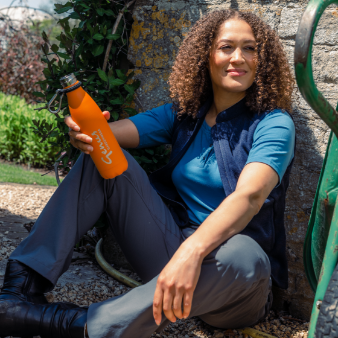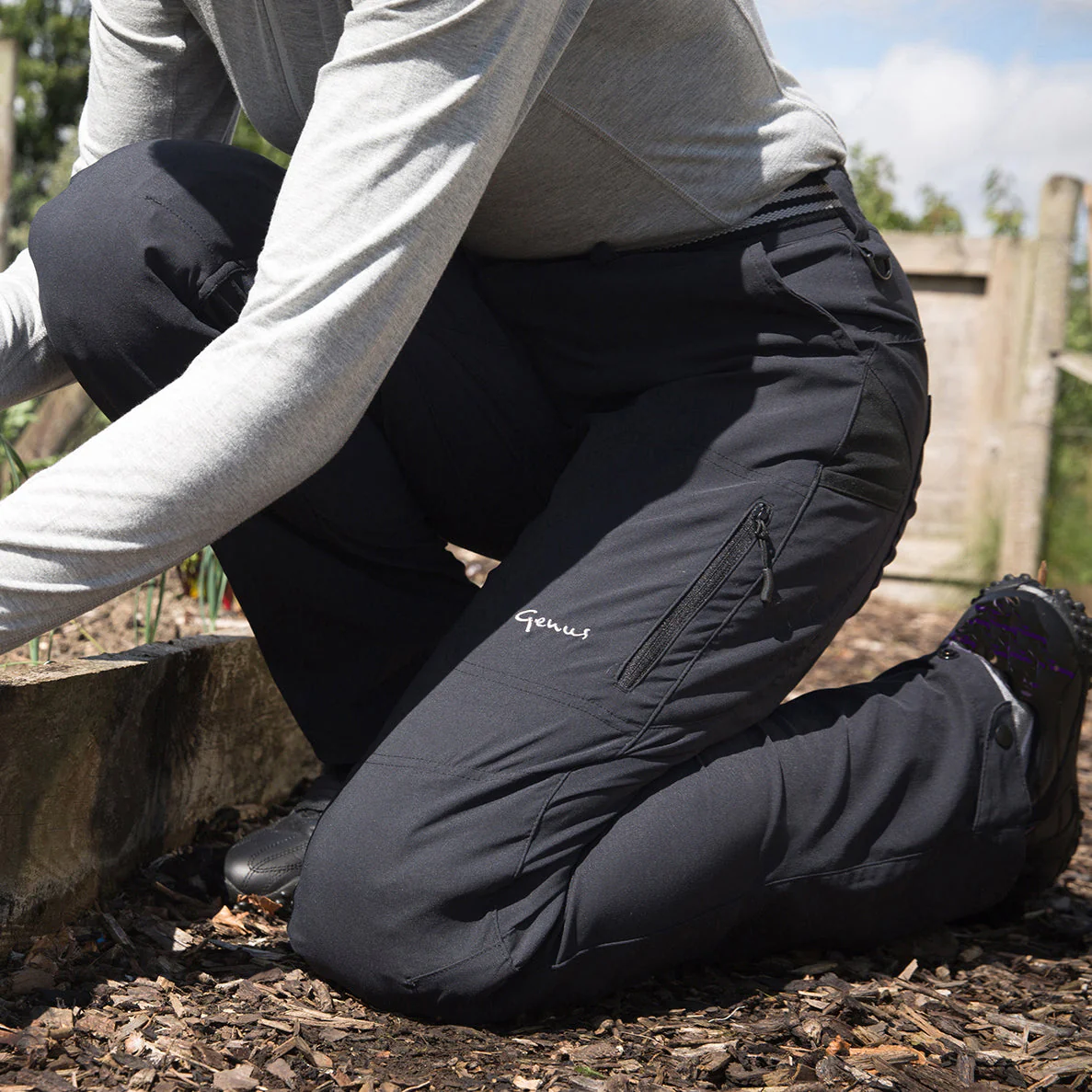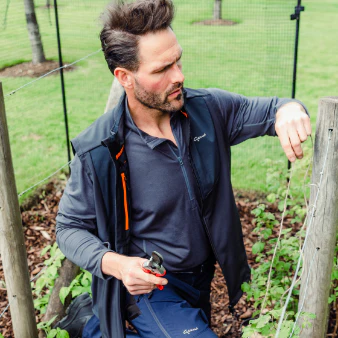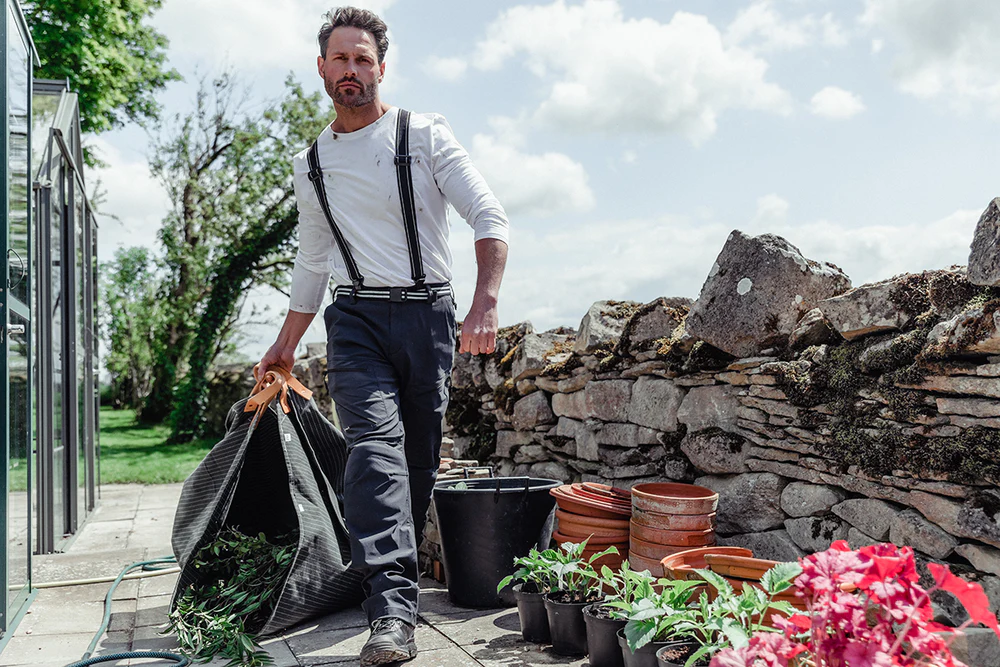To-Do's in September

Strawberry Patch
Towards the end of September is a good time to tidy up your strawberry patch. Old leaves and runners can be removed and a handful of pelleted chicken manure applied around each plant. A compost mulch can be applied now though we tend to wait until the whole garden is being mulched and do it at the same time.
Brassica Lodgers
It’s at this time of year that the eggs of the butterflies that made it under your brassica netting a few months ago have been quietly growing unnoticed. It’s often worth lifting the netting off the plants and having a good inspection under the leaves and in the dark recesses of the bed to look for these unwanted lodgers. Some of the caterpillars will be quite large now and still very active so hand picking is a quick and effective way of preventing further damage.
New Lawns
Now is the ideal time to sow new lawns or repair bare patches in the old. The heat of summer has gone but the soil is still warm and germination will happen quickly with growth continuing over the next few months. If possible a covering of horticultural fleece will protect the seed from birds as well as drawing attention to the area to be avoided, and also create a slightly more humid environment - ideal for successful germination.
Lavender Love
Now is the time to give your lavender a bit of love. Lavender not looked after can become leggy and flowering drastically reduced. With a long hedge of lavender it can be cut back with a hedge trimmer and tidied up with secateurs or clippers. Remove all the flowered stems cutting back about 5cm into the leaves but avoiding the older wood. New growth will be spotted after 3 or 4 weeks.











